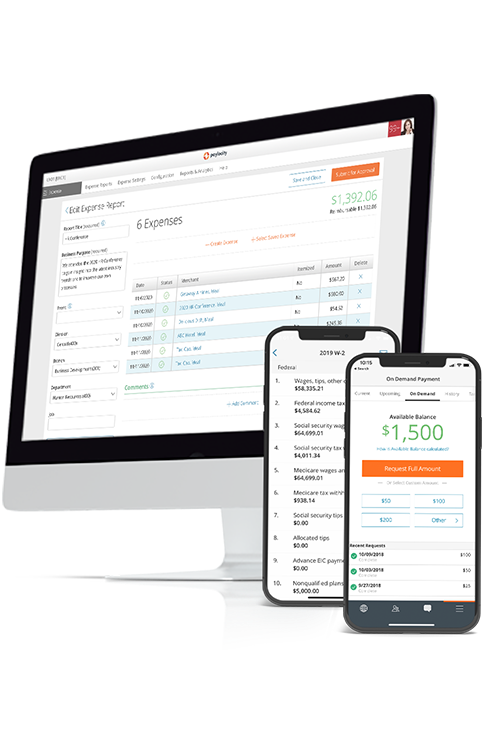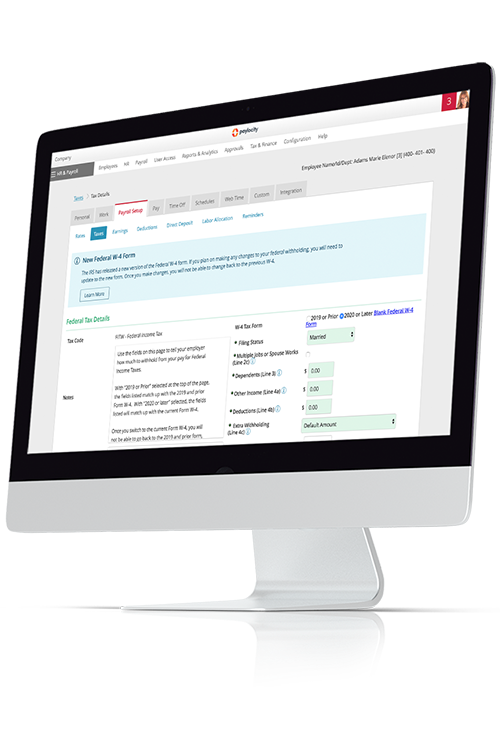Exempt Wages
Summary Definition: Portions of an employee’s income that aren’t taxable for a variety of reasons.
What are Exempt Wages?
Exempt wages are portions of an employee’s income that aren’t subject to federal, state, or local taxes. The reason these wages are shielded from tax withholdings could be due to an employee’s tax-exempt status or how the income is being used.
Examples of exempt wages include pre-tax contributions to a health or retirement plan, court-imposed wage garnishments, or income earned beyond a certain threshold of Social Security contributions.
Key Takeaways
- Exempt wages are portions of income that aren’t subject to taxes or tax withholdings.
- The term can mean different things based on the circumstances in which it’s applied.
- Some wages are exempt based on how the employee uses them (e.g., pre-tax contributions), while others are exempt based on the employee’s tax status or legally imposed limitations.
Types of Exempt Wages for Payroll Taxes
In the realm of payroll taxes, there are several possible applications for the term “exempt wages.”
Pre-Tax Exempt Wages
When an employee contributes some of their gross pay to certain benefits, those wages are “pre-tax” contributions, and therefore exempt from income tax. This can include contributions towards:
- Health Savings Account (HSA)
- Flexible Spending Account (FSA)
- 401(k) Account
- 403(b) Account
- Individual Retirement Arrangements (IRA)
Employees are incentivized to make regular contributions, as doing so reduces the overall taxable income they receive each pay period.
Employee Status and Declaration Exempt Wages
Some wages are exempt due to the employee having a tax-exempt status. These individuals will have exempt wages on W2 forms due to said status.
For example, the following types of employees are exempt from Social Security and Medicare taxes:
- Student workers employed by the school, college, or university in which they’re enrolled
- Recognized religious sects that oppose insurance
- Performing part-time services for nominal earnings at a hospital as an incidental part of training
- Nonimmigrant and nonresident aliens with an A-Visa, D-Visa, F-Visa, J-Visa, M-Visa, Q-Visa, G-Visa, or H-Visa
An employee can make their exempt wages declaration via federal and state W-4 forms to show they had no tax liabilities for the prior year and don’t expect to have any for the current year either. This declaration process, however, must be repeated every calendar year.
Exempt Wages from Garnishment
As defined by Title III of the Consumer Credit Protection Act (CCPA), there are certain limitations to wage garnishments that make some wages exempt.
Under Title III, wage garnishments can’t exceed either:
- 25% of the employee’s disposable income
or - The amount of wages exceeding 30 times the federal minimum wage ($7.25 an hour x 30 = $217.50), whichever is less. Wages exceeding that threshold are exempt from garnishment.
For example, an employee receiving $300 in disposable income every week would pay 25% of that income ($75) since that amount is less than the difference between 30 times the federal minimum wage ($217.50) and that weekly income ($300 – $217.50 = $82.50).
If, however, the person earned $250 in disposable income every week, that employee would instead pay the difference ($250 - $217.50 = $32.50) as it would be less than paying 25% of the overall disposable income ($62.50).
Exempt Wages from Social Security
The Federal Insurance Contribution Act’s (FICA) Social Security taxes use a regularly updated wage base limit. After an employee’s annual wages exceed that limit ($176,100 in 2025), any wages the employee earns from then to the end of the calendar year are labeled as excess wages and exempt from Social Security taxes.

